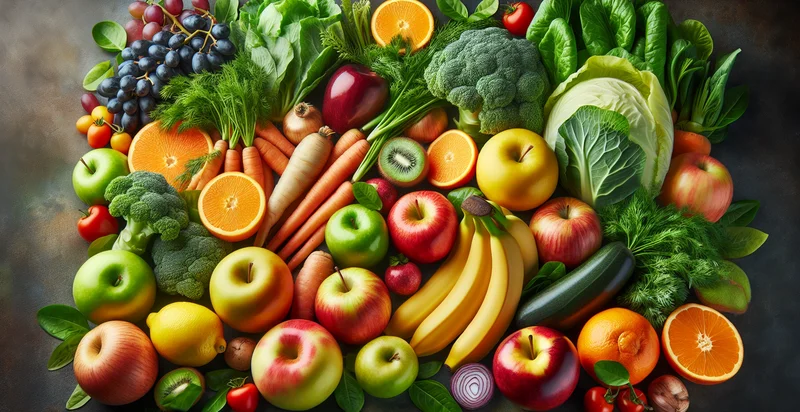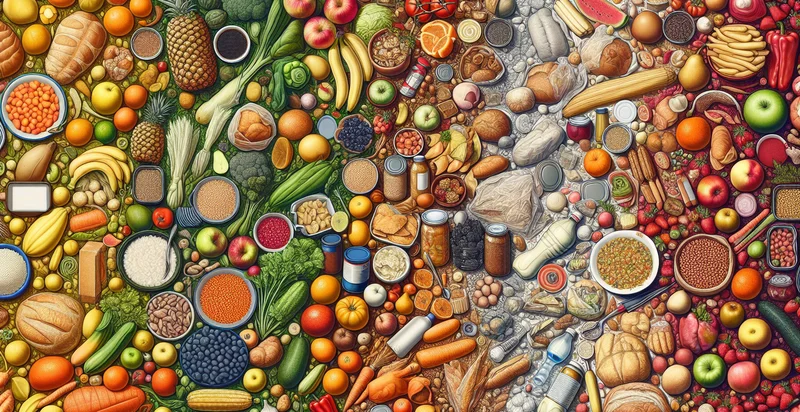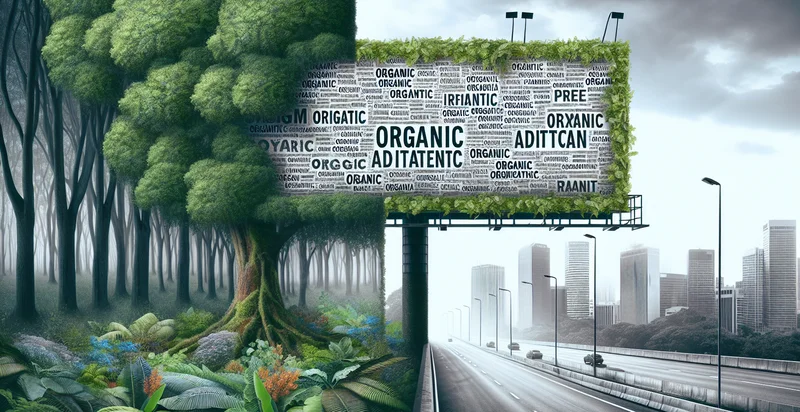Identify if food is organice
using AI
Below is a free classifier to identify if food is organice. Just input your text, and our AI will predict if food is organic - in just seconds.

Contact us for API access
Or, use Nyckel to build highly-accurate custom classifiers in just minutes. No PhD required.
Get started
import nyckel
credentials = nyckel.Credentials("YOUR_CLIENT_ID", "YOUR_CLIENT_SECRET")
nyckel.invoke("if-food-is-organice", "your_text_here", credentials)
fetch('https://www.nyckel.com/v1/functions/if-food-is-organice/invoke', {
method: 'POST',
headers: {
'Authorization': 'Bearer ' + 'YOUR_BEARER_TOKEN',
'Content-Type': 'application/json',
},
body: JSON.stringify(
{"data": "your_text_here"}
)
})
.then(response => response.json())
.then(data => console.log(data));
curl -X POST \
-H "Content-Type: application/json" \
-H "Authorization: Bearer YOUR_BEARER_TOKEN" \
-d '{"data": "your_text_here"}' \
https://www.nyckel.com/v1/functions/if-food-is-organice/invoke
How this classifier works
To start, input the text that you'd like analyzed. Our AI tool will then predict if food is organic.
This pretrained text model uses a Nyckel-created dataset and has 2 labels, including Non Organic and Organic.
We'll also show a confidence score (the higher the number, the more confident the AI model is around if food is organic).
Whether you're just curious or building if food is organice detection into your application, we hope our classifier proves helpful.
Related Classifiers
Need to identify if food is organice at scale?
Get API or Zapier access to this classifier for free. It's perfect for:
- Organic Product Verification: Businesses can utilize the text classification function to automatically categorize food products as organic or non-organic. This can streamline inventory management and ensure that marketing materials accurately reflect product offerings.
- E-commerce Product Filtering: Online retailers can implement the classification function to allow customers to filter search results based on organic food options. This enhances the shopping experience by helping health-conscious consumers quickly find organic products.
- Market Research Analytics: Researchers can analyze social media and consumer reviews using the classification function to better understand public sentiment regarding organic foods. This insight can guide product development and marketing strategies.
- Supply Chain Transparency: Food companies can leverage the classification to trace and verify organic food sources throughout their supply chain. This can help improve consumer trust by providing clear documentation of product origins.
- Nutritional Apps Integration: Mobile applications focused on health and nutrition can incorporate the classification function to label food items as organic. This feature can help users make informed dietary choices aligned with their health goals.
- Regulatory Compliance: Food manufacturers can use the classification function to ensure compliance with labeling regulations that dictate the accurate identification of organic foods. This reduces the risk of legal issues associated with mislabeled products.
- Consumer Education Campaigns: Non-profits and health organizations can employ the classification function to analyze and curate educational content about organic foods. This can lead to more informed consumer choices and promote healthy eating habits.


